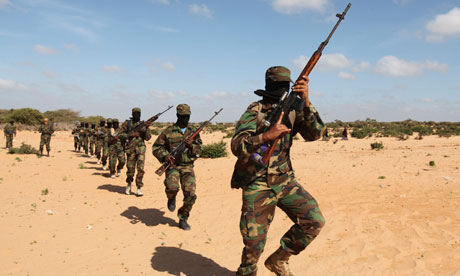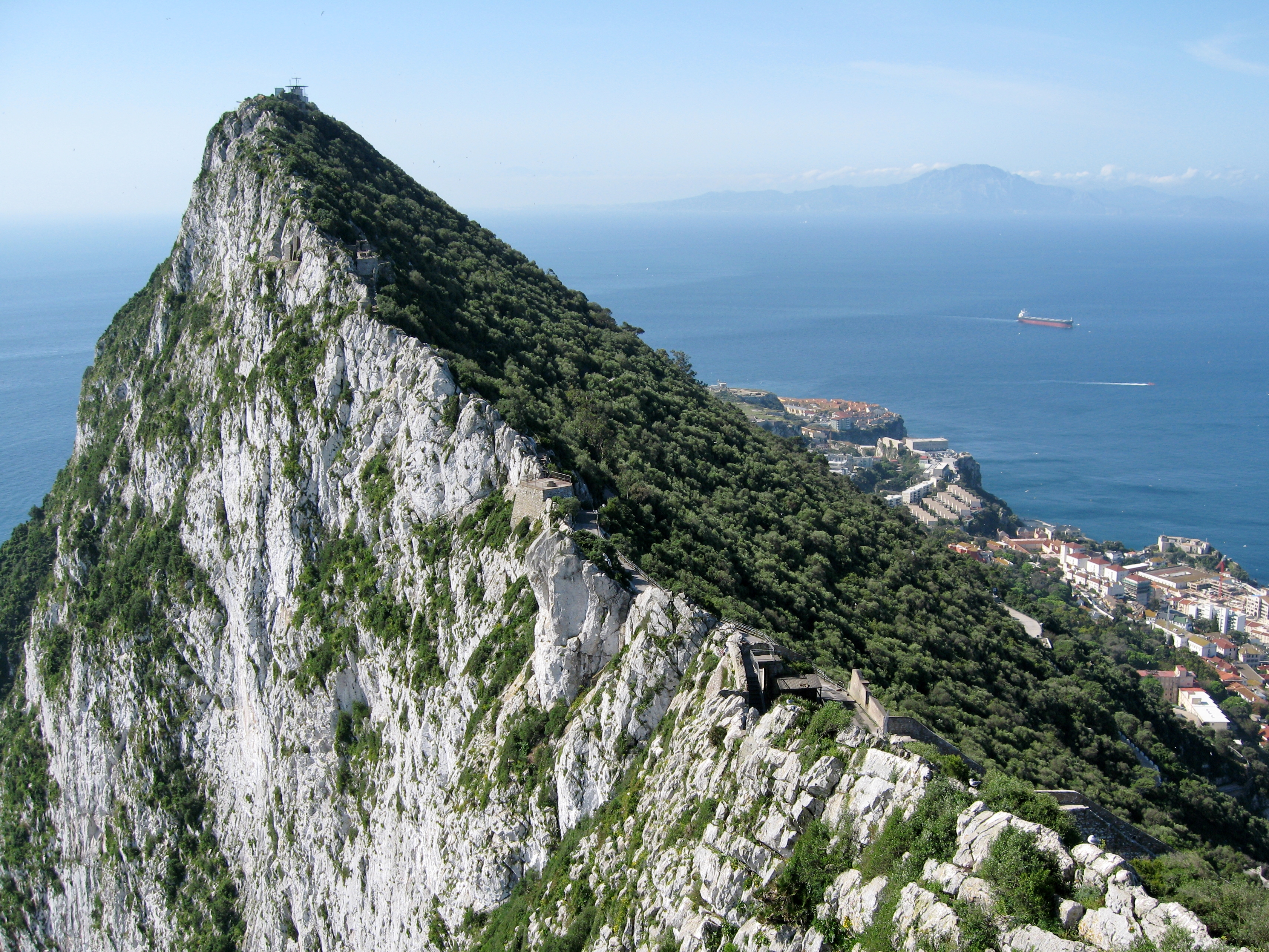 |
| GPC's new logo (Oct. 2013) |
When I first created this blog in 2013, it was primarily to exercise and read deeper into international affairs that I wouldn't have otherwise done throughout the summer. In addition, it gave a platform for others to discuss, endorse and connect with ideas and philosophies.
One of the defining moments for the creation of the blog was the Edward Snowden case which acclaimed a lot of media and social comment. When such an event dominates the news wire for weeks on end, information and misinformation become abundant.
As news companies try to establish their niché in the media ecosystem, many will try to appeal to what the reader wants to hear. This has a danger - the human mind is fascinated by outrageous and anti-conventional literature - and as a consequence, rhetoric and hyperbole come to dominate certain news outlets.
It was shortly after this blog's first post that a key geopolitical event occurred. On July 3rd 2013, the former President of Egypt, Mohammad Morsi, was expelled from his position as President of Egypt. Geopolitical Compass seeked to analyse, condense and predict the following events.
In the article, "What now after Morsi?", it was predicted that the expulsion of the Muslim Brotherhood from mainstream politics would turn extremist elements of Islamist salafism to armed conflict. The relative destabilization of the Sinai region proved this. As a consequence, this set the direction of Geopolitical Compass - going from a piece of opinion to a place to condense world affairs.
Along the summer, I had been in the process of recruiting talented, skilled writers with an infectious interest into International Relations. David Stanton has produced consistent, high-quality articles that adhere to the very nature of how international politics be addressed. These are to be clear, concise, informative and above all - objective - giving true clarity and vision on complex issues.
Another dimension to achieve this is through Geopolitical Snapshot. The very nature of this feature is to condense in bite-size chunks the more important states and nations at a specific point in time and for them to be a point of focus.
The spread of the blog and the feedback received by various readers and followers spurred on the development of the blog and fueled the foundation for greater and more ambitious ideas.
Once more, the proliferation of the blog and reaching readers across all continents, from New Zealand to Iceland, from Japan to Brazil, was a particular highlight and encapsulated the grand idea of Geopolitical Compass.
The evolution of these ideas to cover world affairs mean that a blog, as it stands, is insufficient to satisfy the ambitious ideas that are in motion. As a result, Geopolitical Compass will be moving from a blog to a website, with its own registered domain.
This is one of many steps that Geopolitical Compass will take and is a transitionary period. With change, comes motivation and the reorganization of Geopolitical Compass will see better and higher quality articles on our new website.
With that, we also hope to gather more writers who share the same vision as us, to comprehensively filter the noise of the world into a single, tangible note that can be understood and related to.
The details of the new website will be posted on this blog shortly, once beta-testing for the new website has finished.



























